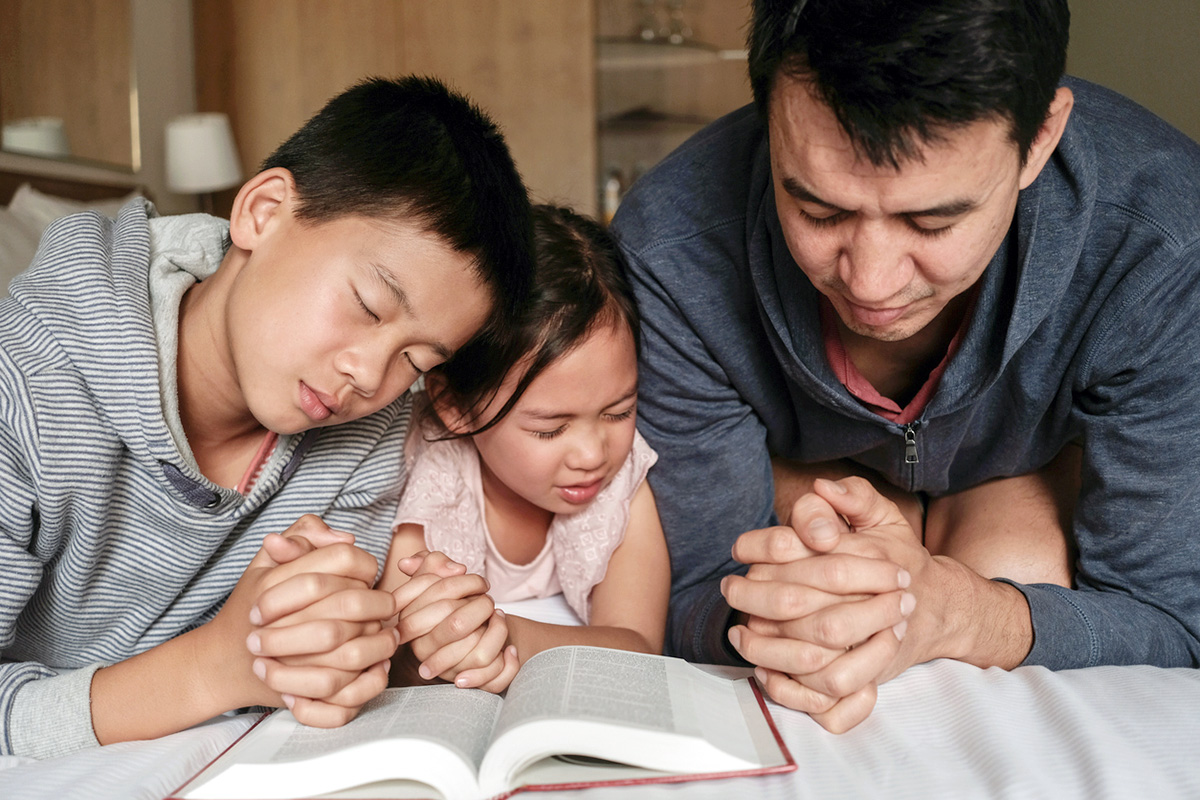Child Custody & Religion

Religion can be a significant factor in a child's upbringing, often influencing their values, behaviors, and worldview. In Washington State's diverse landscape, parents may come from various religious backgrounds, each with its own set of traditions, practices, and holidays.
This diversity can present challenges when creating parenting plans following a separation or divorce. According to RCW 26.09.184, the parenting plan shall specify how decision-making authority is allocated between the parents regarding the children's education, health care, and religious upbringing.
Can a Parent’s Religion Affect Child Custody?
The answer is yes, but not in the way you might think. The court cannot and does not discriminate against parents based on their religion, and religious beliefs themselves are not a factor in determining custody.
The court focuses on the best interest of the child. Thus, the court will consider a parent’s religion through the lens of that standard. Here's a breakdown of how religion factors into child custody decisions:
- Best interest first. As we mentioned, the court’s primary concern is the child's well-being above all else.
- Consideration of potential harm. The court will consider whether a particular religion poses a threat to the child's physical or emotional safety. This could involve practices that are harmful or discriminatory. For instance, if a parent fails or refuses to offer necessary medical care or has a hostile attitude toward the child’s and/or other parent’s religion because of their own religious belief, the court reviews the evidence and makes decisions based on the risk of harm.
Custodial Parents & Their Rights Over a Child’s Religious Upbringing
Washington Revised Code Chapter 26.09.184 (RCW 26.09.184) addresses decision-making authority for children in parenting plans. This includes aspects like education, healthcare, and religious upbringing. Here are some possibilities:
- Joint legal custody. Both parents share decision-making on religious instruction. Open communication and a willingness to compromise are crucial here.
- Sole legal custody. One parent has the final say on religious matters. This is often used when parents have vastly different faiths, but it's important to consider the child's evolving beliefs as they mature.
For instance, a parent with sole legal custody generally:
- Chooses the faith their child will be raised under.
- May have their child participate in religious services and practices.
- May enroll the child in religious education.
The custodial parent can often set guidelines for the noncustodial parent regarding religion during visitation times. This might include requiring the noncustodial parent to take the child to worship services aligned with the custodial parent's choice (within reason). In some cases, the custodial parent may simply ask that the other parent does not take them to events outside of their religion.
Noncustodial Parents & Their Rights
While the custodial parent has decision-making power, courts generally recognize the noncustodial parent's right to their own religious beliefs. This means they can discuss their faith with the child during visitation or even provide religious materials or books (as long as they aren't harmful). However, noncustodial parents cannot undermine the custodial parent's decisions or try to sway the child away from their chosen religion during visitation.
How Religion Can Impact Parenting Plans
Holidays are a prime example of how religion influences parenting plans. Washington courts don't dictate religious practices, but they aim for fairness. Here are some common approaches:
- Alternating years. If both parents celebrate Christmas, for instance, the plan might have the child spend Christmas with one parent one year and the other parent the next.
- Splitting the day. For holidays with long celebrations, the plan could allocate specific parts of the day to each parent.
- Accommodating multiple faiths. For families with different religions (e.g. Christmas and Hanukkah), the plan might have the child celebrate the corresponding holiday with the observing parent.
- Respecting non-religious views. If neither parent celebrates holidays, the plan can simply outline a neutral schedule for those days.
A parenting plan is a living document. It can be modified as your child grows and your circumstances change. By working together with mutual respect and keeping your child's best interests at heart, you can create a faith-sensitive plan that fosters a nurturing environment for your family.
Experienced Child Custody Attorneys
Child custody agreements can be complex and challenging to navigate. If you have concerns about your child's religious upbringing in a custody situation, you should consult a family law attorney. McKinley Irvin attorneys can help with initial custody filings as well as parenting plan modifications. Contact us to learn more.
- Categories:
- Child Custody







